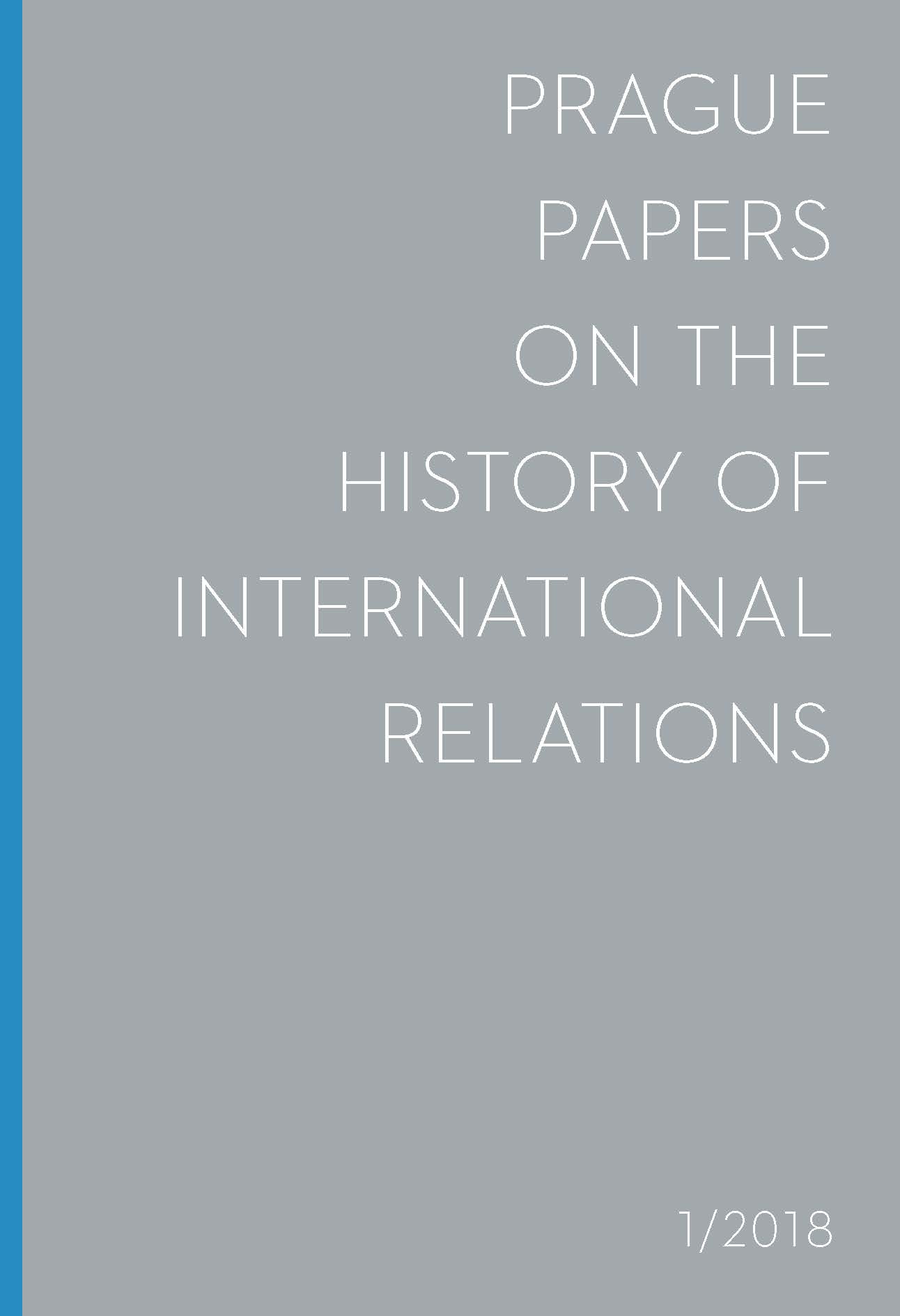The “Prague Spring” in the Documents of the Hungarian Radio
The “Prague Spring” in the Documents of the Hungarian Radio
Author(s): Irén SimándiSubject(s): History of Communism
Published by: Univerzita Karlova v Praze - Filozofická fakulta, Vydavatelství
Keywords: International politics; socialism; Czechoslovakia crisis 1968; Alexander Dubček; János Kádár; “New Economic Reform” in Hungary
Summary/Abstract: It was fifty years ago, in 1968 that the “Prague spring”, an experiment to create “Socialism with a human face” was born in Czechoslovakia. Through the documents of Hungarian radio broadcasts, this study will trace the most significant events of the reform movement led by Alexander Dubček. The broadcast information, in its various programs, was almost invariably based on the reports of TASS, the Soviet Telegraph Agency and MTI, the Hungarian News Agency. However, the news actually aired was often re-shaped and augmented by the editors. The radio broadcasts were careful in dealing with the role of party leaders, such as of Janos Kadar. The Czechoslovakian situation remained the principle topic of the Hungarian political and public life for several months, especially in connection with the introduction of the “new economic reform” in Hungary. In the radio, the editors kept avoiding any reference to any similarity between the “Prague Spring” and the new Hungarian economic reform. The goal of the silence was to protect the Hungarian reform from interference from Moscow.
Journal: Prague Papers on the History of International Relations
- Issue Year: 2018
- Issue No: 1
- Page Range: 153-174
- Page Count: 22
- Language: English

